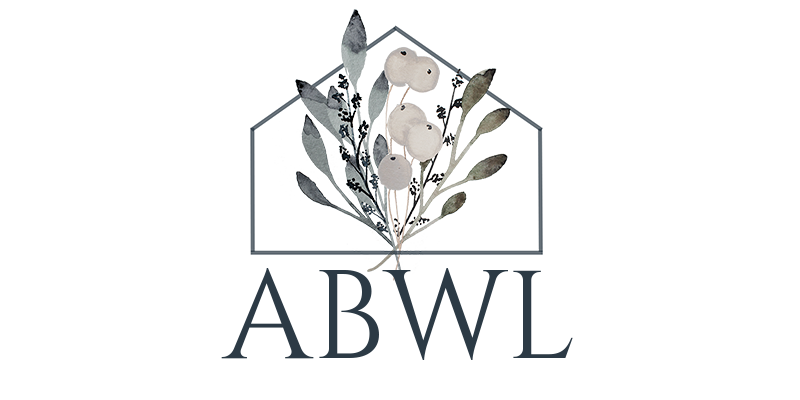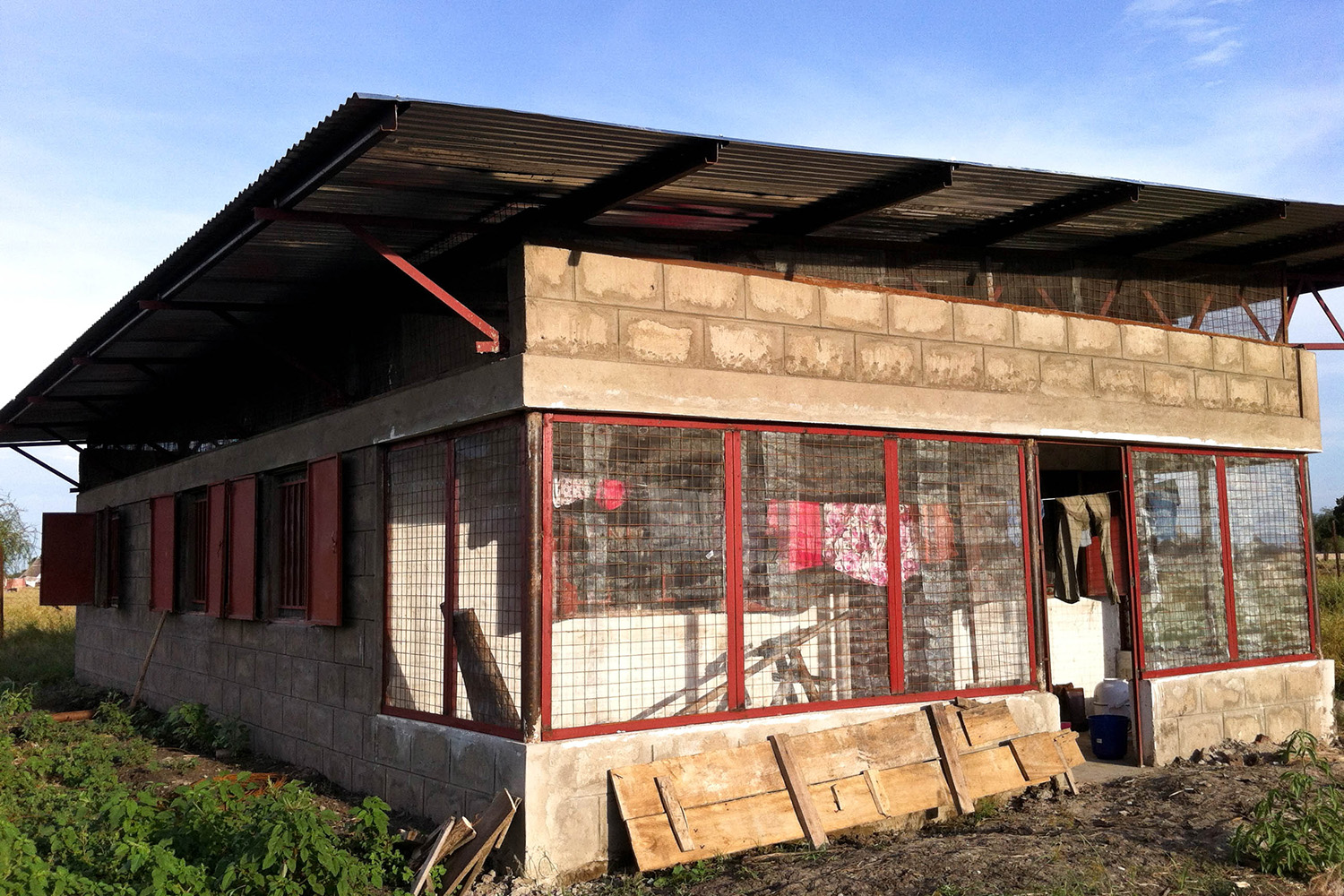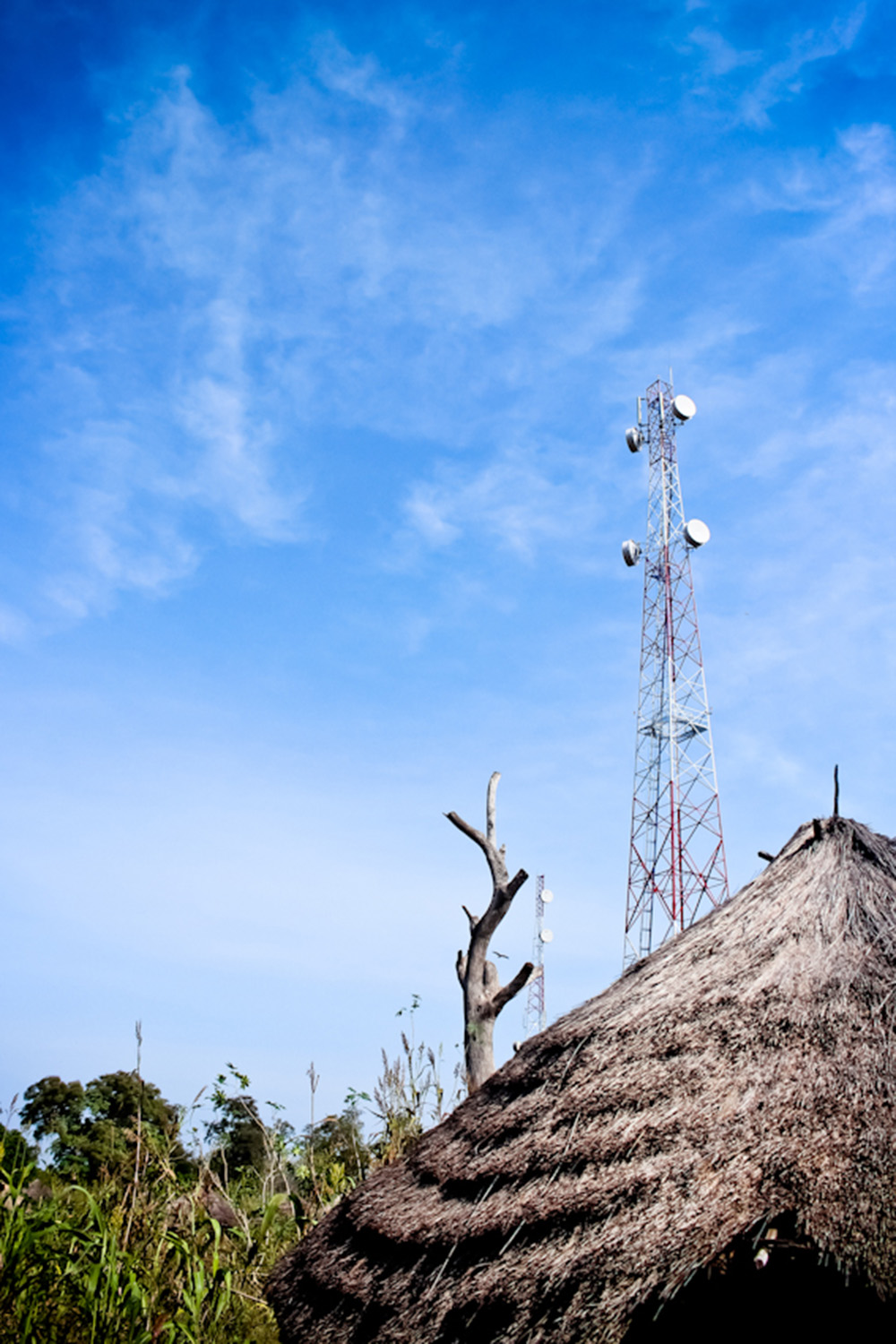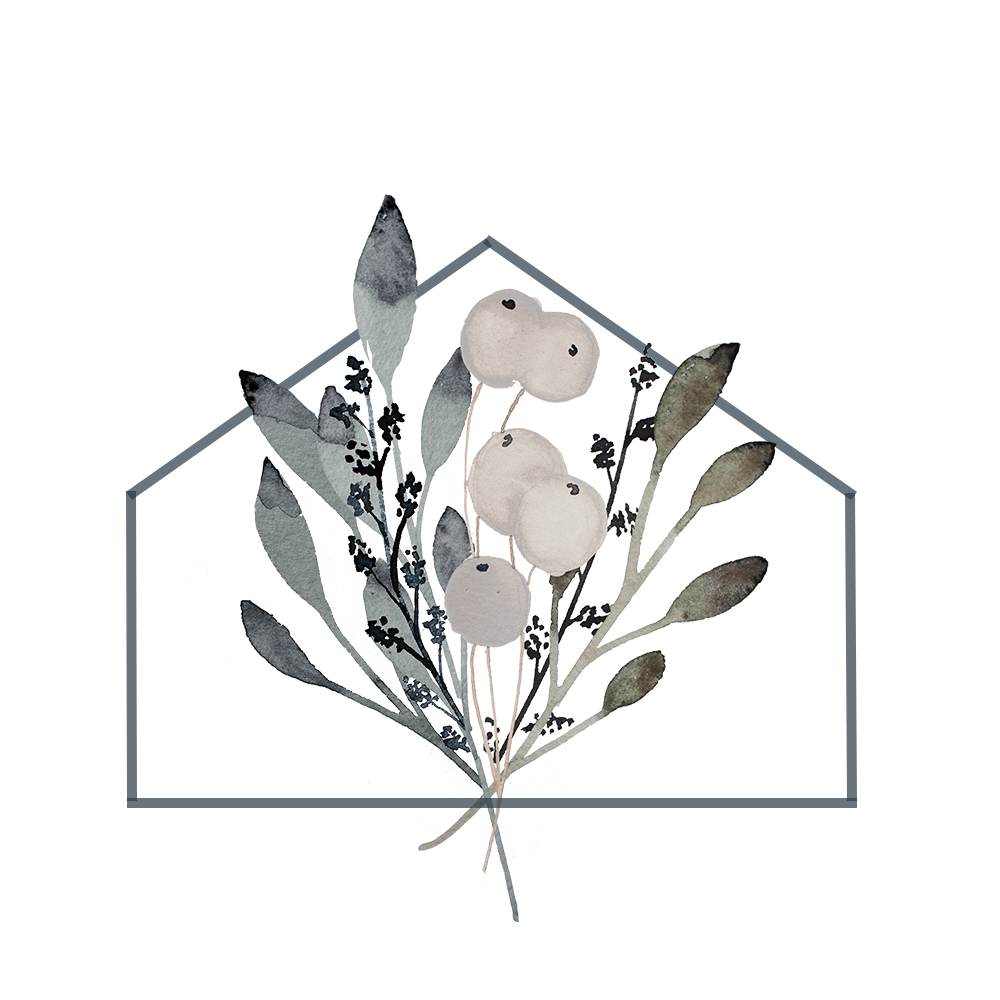let's be social!
It’s no secret that access to clean water is rare in developing nations, and South Sudan is no exception. Over my last three trips into South Sudan, I have witnessed some heartbreaking truths about what it means to not have clean water coming from a tap. I watched women scooping water from mud puddles and collecting water downstream from where goats and cows were using the restroom in the river. I have heard accounts from women who have talked about their daughters being kidnapped when fetching water far from home. And the stories go on…
One of Aid Sudan’s primary physical ministries is to drill deep water wells in locations where clean water is lacking or nonexistent. Teams survey the areas in and around villages, and then determine where the best, most feasible locations for wells are. I don’t know all of the details about the logistics involved, but I do know that by proving clean water to the families who live near the new wells, it not only helps protect them from the spread of disease via contaminated water, but also keeps young girls and women safer because they aren’t traveling as far to fetch water.
There’s also a cultural aspect of Aid Sudan’s water well drilling…one I never would have thought of before traveling to South Sudan. Whenever an organization decides to work in South Sudan, the people in the villages look for signs of how the organization is going to help them. It’s not to say that giving the people the Gospel is not enough, but providing something tangible that meets the people’s physical needs usually helps the organization gain respect within the community. Aid Sudan’s clean water ministry does just that…provides a tangible form of the love the team feels for the South Sudanese people.
Here are some shots taken from clean water wells drilled by Aid Sudan in recent years…








